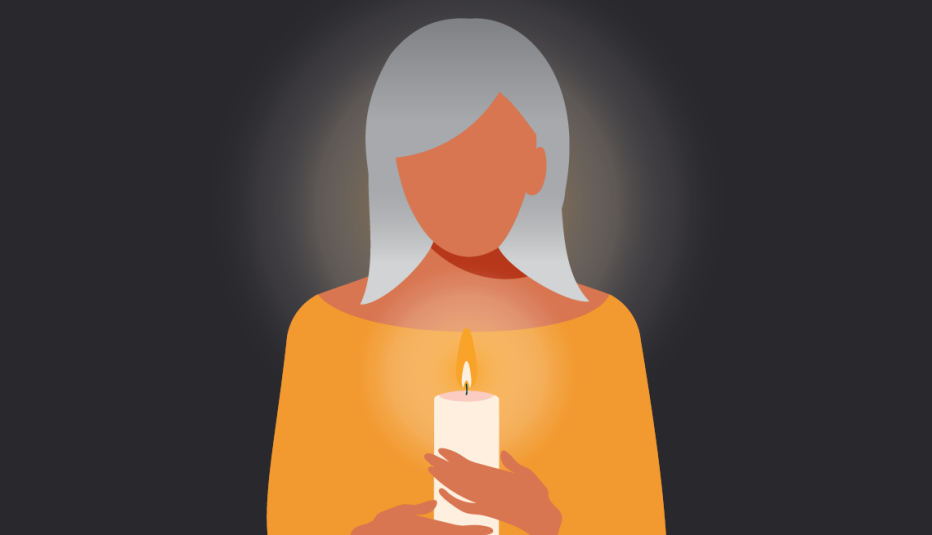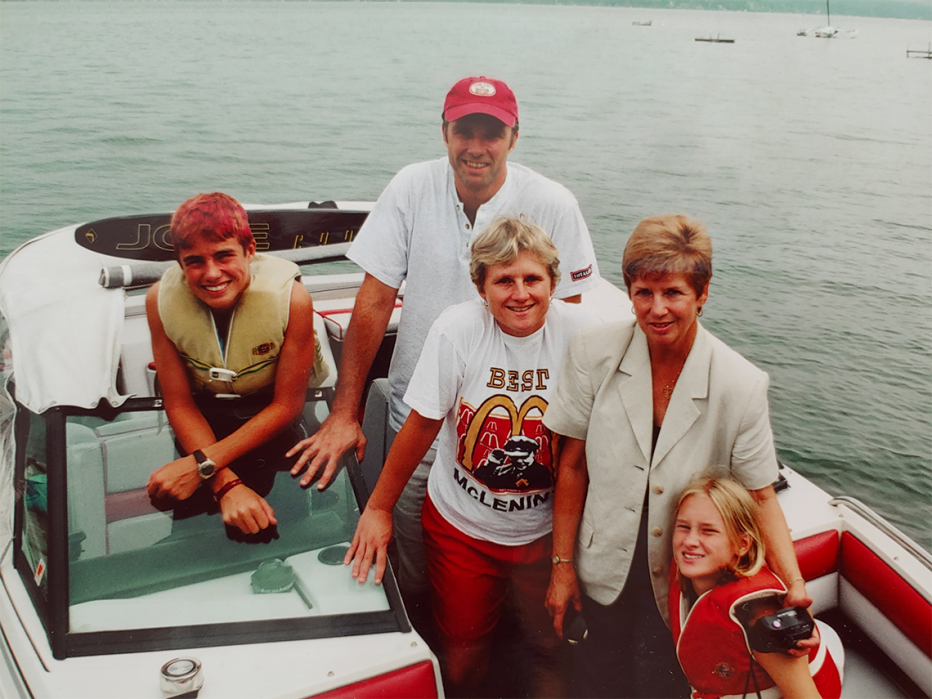Staying Fit


There’s plenty of grief to go around when a young person dies.
Parents, siblings and grandparents are devastated. Hopefully, friends and family rally around to provide support, but there are times that grandparent grief doesn’t get the attention it deserves.
“The focus goes to the parents, so sometimes the grandparents end up ‘the forgotten mourners,’ ” says Alan Wolfelt, founder and director of the Center for Loss and Life Transition in Fort Collins, Colorado. “And it’s an out-of-order death, which adds complications.”


AARP Membership— $12 for your first year when you sign up for Automatic Renewal
Get instant access to members-only products and hundreds of discounts, a free second membership, and a subscription to AARP the Magazine.
Actor Robert De Niro, 79, is experiencing that kind of bereavement. He recently lost his 19-year-old grandson, Leandro De Niro Rodriguez, to what Leandro’s mother told media were pills laced with fentanyl. De Niro attended his grandson’s funeral on July 8 and a 20-year-old woman was recently arrested in connection with the death.
One complicating factor of grief can be how close grandparents are with their grandchildren. Some may have had a distant relationship (which may fill grandparents with regret). Others may see each other regularly — even daily. In fact, in the U.S., one in 10 children lived with at least one grandparent in 2020, according to research by North Dakota State University. Both COVID-19 and the opioid epidemic have increased that number in recent years, as some children have been left without parents and are being raised by grandparents.
Doris Lapporte, 75, describes the loss of her 26-year-old granddaughter, Allie Kurtz — who died in a tragic California boat fire in 2019 — as something more than she can comprehend.
“I’m not the same person I was before,” says Lapporte, of Skokie, Illinois. “Do I cry all day? No. But there isn’t a day where I’m not hurting, where I’m not thinking about her or talking to her.”
Mourning for many
When a grandchild dies, grandparents often can’t focus fully on their own grief because their hearts are so broken over watching their child suffer.
Feeling powerless to take away that hurt can feel almost “intolerable,” Wolfelt says.





































































More From AARP
When a Dying Friend Keeps Her Distance
Death doula explains how to respect and accept different end-of-life choices
What I Learned From My Mom’s Approach to Death
Final months filled with grief, gratitude and life lessons
Nontraditional Burial Options Can Spur End-of-Life Conversations
A ‘gradual goodbye’ process can ease caregiver stress, aid acceptance